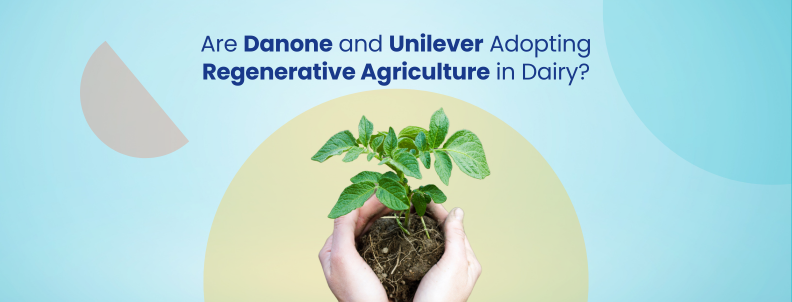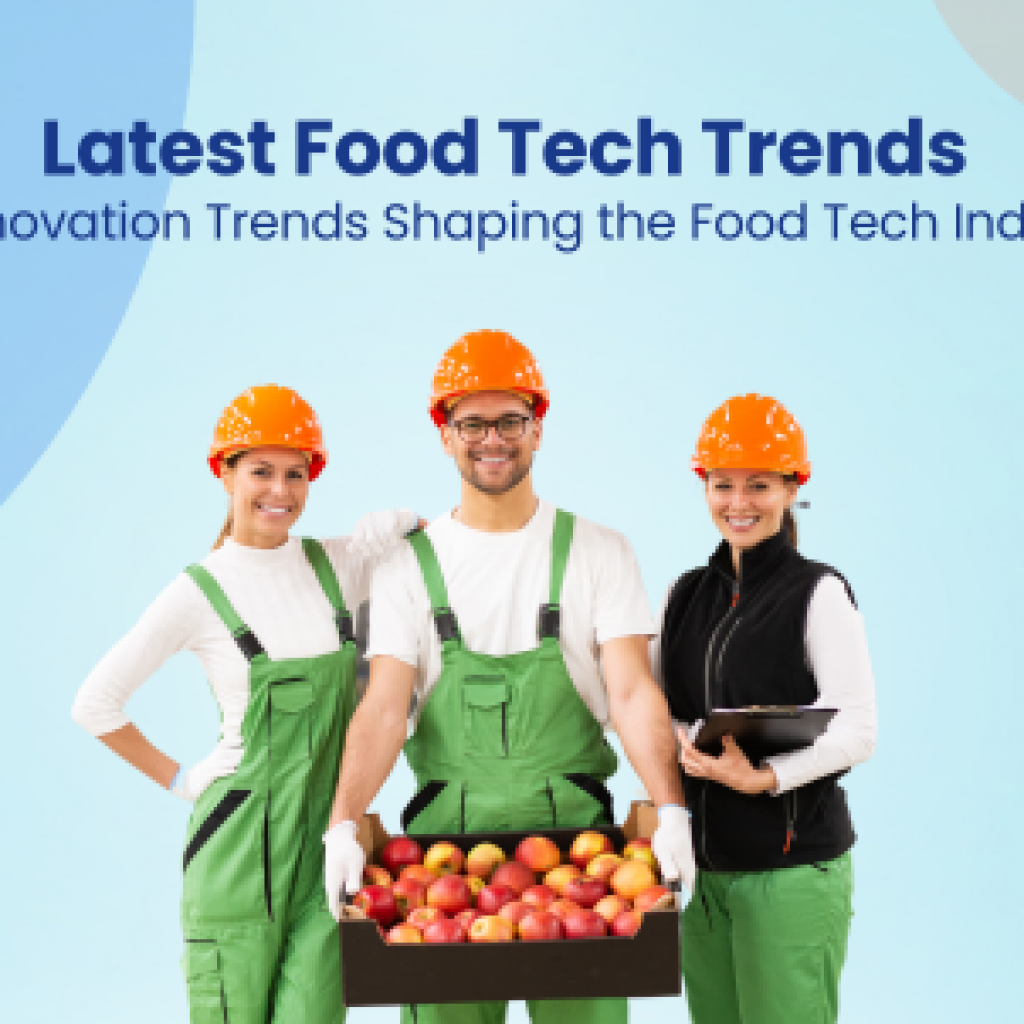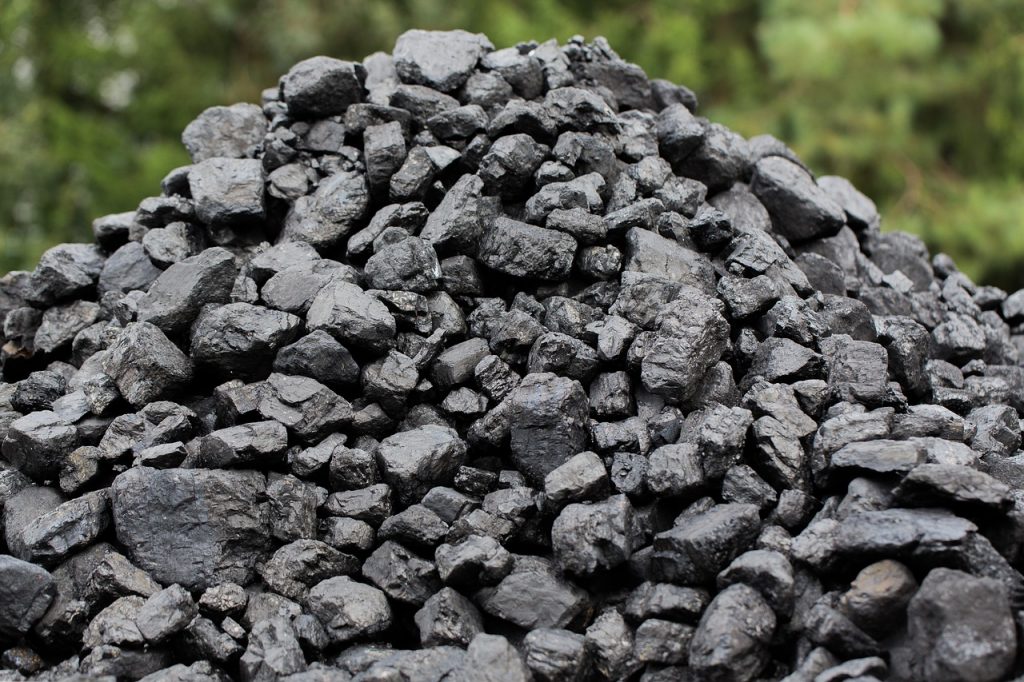Dairy ingredients account for over 50% of Ben & Jerry’s total greenhouse gas emissions. For years, the dairy sector has faced widespread criticism and negative portrayal for its perceived cruelty and environmental impact. However, dairy companies today actively seek to alter this narrative by adopting practices that contribute to the environment they rely on for resources. One such initiative embraced by the food and dairy sector is Regenerative Agriculture, aimed at fostering positive effects on soil health, biodiversity restoration, and water quality improvement.
This article discusses the recent developments made by dairy companies toward regenerative agriculture. So, without further ado, let’s dive right into it.
What are the dairy companies working on?
In 2022, Ben & Jerry, an ice cream brand owned by Unilever, launched the ‘Mootopia’ project, investing $9.3 million to support regenerative agriculture practices on 15 of its supplier farms. The company is directly tackling the systemic causes of climate change in its supply chain and aims to reduce its emissions intensity by 40% by 2025.
Similarly, Danone has formed the “Farming for Generations” alliance, collaborating with eight agricultural companies and institutes, including Wageningen University, Corteva, Yara, and DSM, to promote regenerative farming practices. The company is committed to sourcing 100% of ingredients produced in the country from regenerative agriculture by 2025.
Startups Venturing Into Regenerative Agriculture
Not only major players but startups are also venturing into this field.
Berlin-based AgTech startup, Klim, assists farmers in adopting regenerative agricultural practices, providing them a platform to sell carbon credits earned through these practices.
Government agencies are also actively involved in promoting regenerative agriculture. The U.S. Department of Agriculture, for example, plans to invest $1 billion in partnerships to support climate-smart farmers, ranchers, and forest landowners in the country.
Conclusion
With increasing pressure on the dairy industry to prioritize sustainability, companies must communicate their initiatives effectively. However, consumer understanding of regenerative agriculture and its environmental benefits may be limited.
Hence, dairy companies will focus on educating consumers about regenerative agriculture to promote sustainability and pave the way for it to become the next trend in the industry.
Curious to know about the other trends in the dairy industry?
Our Dairy Trend Report talks about 7 additional trends that will transform the dairy industry in the near future.
So, don’t miss out! Fill out the form below and download the report now.
Authored by – Harleen, Vanshika, and Nidhi, Patent Analytics
Edited by – Ridhima, Marketing
Also Read: A Closer Look at 8 Transformational Dairy Industry Innovation Trends in 2024
Next Read: Minimizing GHG Emissions: What are dairy Giants like Danone and Arla doing?









